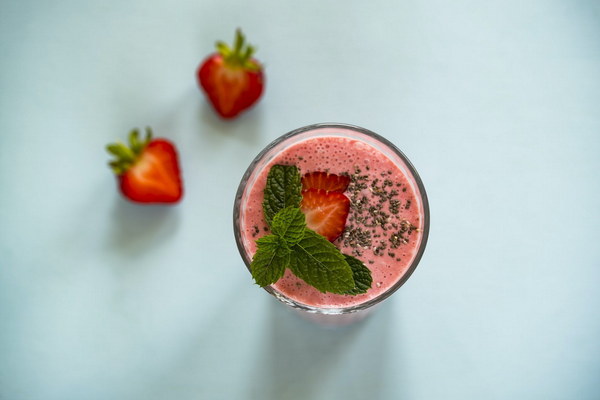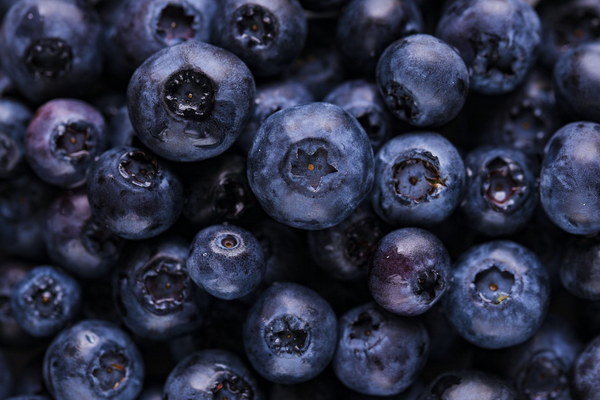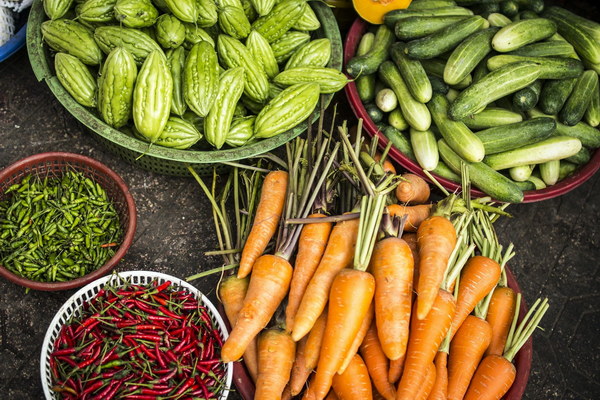Natural Remedies and Nutritional Supplements for Hemolysis A Comprehensive Guide to Dietary Support
Hemolysis, the premature destruction of red blood cells, can lead to a range of health complications. While medical treatment is crucial, complementary dietary strategies can also play a significant role in managing the symptoms and supporting overall health. This article delves into the world of natural remedies and nutritional supplements that may help in the management of hemolysis through dietary support.
Understanding Hemolysis
Before we explore the dietary aspects, it's important to understand what hemolysis is. Hemolysis occurs when red blood cells are destroyed prematurely, leading to anemia, fatigue, and other symptoms. The condition can be caused by various factors, including genetic disorders, infections, certain medications, and autoimmune diseases.
Nutritional Strategies for Hemolysis
1. Iron-Rich Foods
Iron is a vital nutrient for the production of hemoglobin, the protein in red blood cells that carries oxygen. Individuals with hemolysis often experience iron deficiency anemia. Including iron-rich foods in the diet can help replenish iron stores and improve hemoglobin levels. Good sources of iron include lean meats, poultry, fish, legumes, tofu, and iron-fortified cereals.
2. Vitamin C
Vitamin C enhances the absorption of non-heme iron (found in plant-based foods) and is essential for the production of collagen, which is a key component of red blood cells. Citrus fruits, strawberries, bell peppers, and leafy greens are all excellent sources of vitamin C.
3. Folic Acid
Folic acid, also known as vitamin B9, is important for the production of red blood cells. Deficiency in folic acid can lead to anemia. Fortified cereals, leafy green vegetables, beans, and lentils are rich in folic acid.
4. Vitamin B12
Vitamin B12 is crucial for red blood cell production and can be challenging for some individuals with hemolysis to absorb. Foods high in vitamin B12 include meat, fish, eggs, and dairy products. In some cases, vitamin B12 supplements may be necessary.
5. Vitamin E
Antioxidant-rich vitamin E may help protect red blood cells from oxidative damage. Nuts, seeds, spinach, and sunflower oil are good sources of vitamin E.
6. Omega-3 Fatty Acids
Omega-3 fatty acids have anti-inflammatory properties and may help reduce the symptoms of hemolysis. Fish, flaxseeds, chia seeds, and walnuts are all sources of omega-3 fatty acids.
Natural Remedies
1. Green Tea
Green tea contains antioxidants that can help protect red blood cells from damage. It may also have anti-inflammatory effects.
2. Turmeric
The active compound in turmeric, curcumin, has been shown to have anti-inflammatory and antioxidant properties. While turmeric is commonly used in cooking, it can also be taken as a supplement.
3. Ginger
Ginger has been used traditionally to alleviate nausea and improve digestion. It may also have anti-inflammatory effects.

Dietary Considerations
- Hydration: Adequate hydration is essential for the production of blood and to prevent the thickening of the blood, which can exacerbate hemolysis.
- Anti-inflammatory Diet: A diet rich in anti-inflammatory foods can help reduce the symptoms of hemolysis. This includes avoiding processed foods, excessive sugar, and saturated fats.
- Consultation with a Healthcare Professional: It's important to consult with a healthcare professional before making significant changes to your diet or starting any new supplement regimen.
In conclusion, while there is no cure for hemolysis, dietary support can play a significant role in managing the symptoms and supporting overall health. By focusing on iron-rich foods, vitamins, and antioxidants, individuals with hemolysis can improve their quality of life and potentially reduce the severity of their condition. Always seek guidance from a healthcare provider when considering dietary changes or supplements to ensure they are safe and appropriate for your specific needs.









